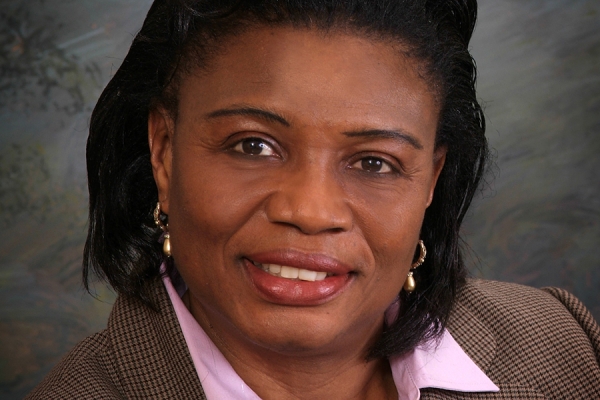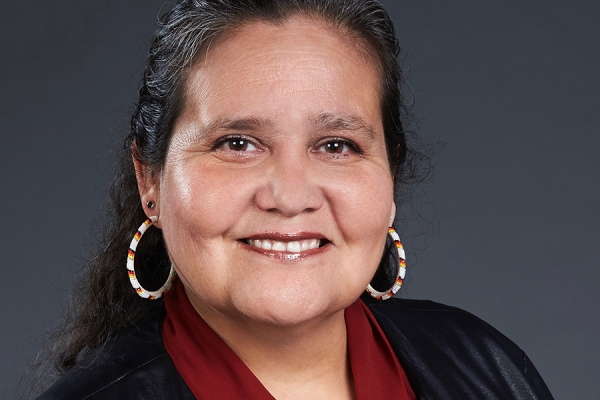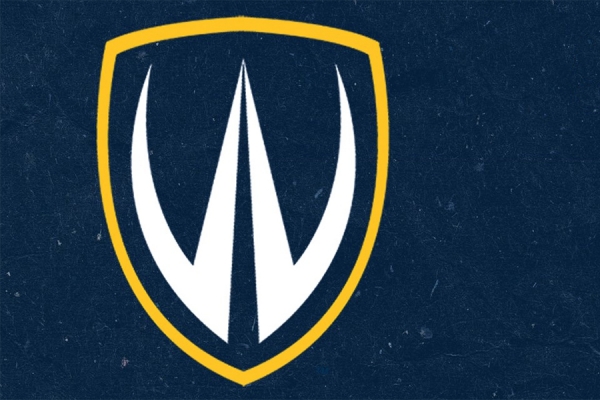 Computer science professor Christie Ezeife is working on a research project to apply artificial intelligence to database search.
Computer science professor Christie Ezeife is working on a research project to apply artificial intelligence to database search.
Searching for information online can be overwhelming, but a team of UWindsor researchers is looking to ease the process using artificial intelligence (AI) to help customize searches.
When searching through a database, users want to see the most relevant information, says Christie Ezeife, a professor and researcher in the School of Computer Science. She and PhD student Abdulrauf Gidado are using machine learning and AI processes to personalize a user’s visit to a community database search engine.
“The main objective of the system is extracting, cleaning, integrating data content from large collections of content databases, so that machine learning and artificial intelligence processes can be used to learn and identify the most relevant and influential contents for purposes of recommendation — and personalization — of such contents to users,” says Dr. Ezeife.
The two teamed with industry partner Electric Effect for a Mitacs Accelerate funded project called “Bio Window Knowledge: Personalizing Most Relevant Content from Big Data.”
Gidado says they are experimenting on various publishers’ pages.
“When you go to a publisher’s site for example, the first page of articles you’ll see may not be relevant to you, but Electric Effect wants to rely on machine learning techniques so that when people from different fields with different interests get to a page, the set of articles displayed to users will be personalized to users,” says Gidado.
The expected outcome of the system, Ezeife says, includes improving personalization, validation, and authentication through autonomous processes to help surface and deliver relevant articles to peers, identifying key opinion leaders in the community while collecting historical behavioural data and metrics.
Gidado built a program employing data models and business logic proprietary to Electric Effect to assess the variables of each article and determine its relevance.
“We take into consideration aspects such as how people interact with an article, how peers are commenting on articles, and how many people like an article,” he says. “Based on these variables we develop our computer program so when someone visits a page, the Bio Window system can determine the order of what that person sees.”
Electric Effect has connections to multiple Canadian research agencies. Gidado’s project is being experimented and deployed on the International Wound Community website.
“This project represents an application of database and data mining research to real world industry problems in areas of data extraction, integration, and mining of big data,” says Ezeife.
“This type of project gives students like Gidado real-life application development experience.”
—Sara Elliott



